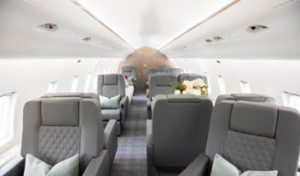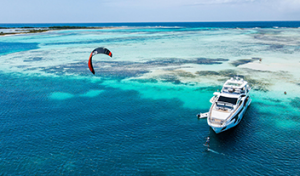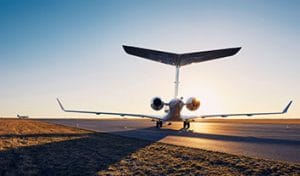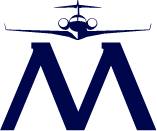In episode 4 of From the Cockpit, the Magellan Jets podcast, Chief Operating Officer Todd Weeber discusses the safety measures needed to safely reopen services amid the coronavirus situation. In particular, Weeber explains why it will take the airlines a while to get back to business, as well as how private aviation is poised to see a surge in demand in the coming (and why you should book your private travel now). Click the link below to listen to the full From the Cockpit episode.
MAGELLAN JETS PODCAST: FROM THE COCKPIT EPISODE 4
Magellan Jets • From The Cockpit – Ep.4 – Coronavirus Situation Report – Part 4
Following the FAA’s recent Safety Alert for Operators, which came 79 days after the WHO’s PHEIC declaration, many are wondering how airlines will implement these guidelines.
“It’s a daunting task for the airlines,” says Magellan Jets COO Todd Weeber. He goes on to explain that pilots, crews and their unions are concerned about how airlines will put new safety measures in place as states lift lockdowns.
“When it returns,” says Weeber, “they’re not going to want to be around crowds of people and risk infection.”
“It’s quite serious.” he adds. “We’re not messing around here in the industry.”
•CARES Act, Private Jets and Zero Tax (Through 2020)
As for the FAA safety alert, it refers “the directors of operations and the people who conduct trainings inside the airlines” to safety measures established by the CDC, WHO, EPA and other federal agencies. “Simply speaking, social distancing and hygiene applied for a transportation organization,” explains Weeber.
“It’s going to take a long time for procedures to be put in place to do two things,” he says “One, make the average person feel comfortable with traveling in a mass transit environment while also feeling their risk of infection is low. And two, allowing the volume of human beings that move through an airport that is necessary to keep an airline economically viable.”
“It is going to cause significant delays to create a six-foot perimeter around each person and get them moving quickly,” he adds. “We can expect delays, we can expect doubt, we can expect problems.”
•Rediscover the World with Magellan Jets and IYC
Impact on Private aviation
While private aviation demand surged in March before slowing in April, Weeber expects demand to rise as the economy rebounds. As people become more comfortable with wearing masks, social distancing and other safety measures, Weeber believes we’ll see another spike in business aviation, since it’s safer than first class.
“It’s going to happen a lot quicker than people think,” says Weeber. “Probably by mid-summer, the domestic demand for business aviation will be strong,”
Weeber encourages people to book with Magellan Jets now in order to ensure their trips. This is because it will take time for some operators to get back to business as well.
“Only the operators that have continued to operate successfully will be available to pick up the demand,” says the Magellan Jets executive. “What we’re recommending people do is take a hard look at what they want to do for their personal or business travel in May, June, July and book the trips now.”




















